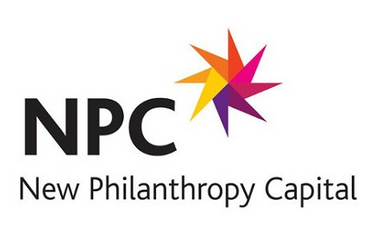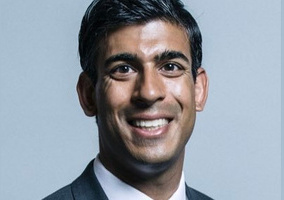A group of the country’s best-known charities faces a financial shortfall of over £150m this year, even after government coronavirus support, cost-cutting measures and emergency fundraising are taken into account.
The analysis, outlined in a paper by the think tank NPC, is based on projections for the financial year 2020-21 for 17 household-name charities. It builds on private research into the long-term impact of the coronavirus pandemic which had already been shared with the Treasury.
The charities, which worked with NPC on the condition of anonymity, have annual incomes ranging from £1m to £300m.
Accessing emergency help
NPC says that the charities in its sample received a total of £43.75m from government sources to help with the effect of the coronavirus, including grants from the Treasury funding package announced in April. Many charities are still waiting on the outcome of further applications for those funds.
The paper warns that, despite these charities taking “significant action” to address financial problems caused by the pandemic, including using the government’s furlough scheme, making some staff redundant and bringing in money through urgent fundraising drives, they still face a funding gap running to hundreds of millions of pounds.
NPC estimates that the total financial shortfall facing these charities was between £220m and £290m in this financial year before they took steps to address the impact of the coronavirus, and between £155m and £200m after they had acted.
Trying to close the gap
The paper says: “Even with government support and cost cutting, this sample of some of Britain’s largest charities were on average only able to close the gaping hole in their finances by just 38%.
“It is unlikely that will be enough, which means philanthropists and government need to continue working together to keep charities serving the people who need them.”
Contracts and fundraising
The paper says that charities in this group which held local and national government contracts “generally face a more positive picture on income”.
Voluntary organisations delivering large national contracts have previously conceded that they may still need to ask government for additional financial help in the future, however.
Charities mainly dependent on fundraising and trading face “much more significant losses”, NPC adds.
Dan Corry: Financial hit 'will severely hinder' charities
Dan Corry, chief executive of NPC, said: “NPC's analysis shows the scale of the financial challenge faced by some of our biggest, household-name charities.”
He added that, instead of trying to estimate overall losses to the sector, NPC had “undertaken detailed, focused work, looking charity-by-charity at some of our most Covid-crucial, major national charities”.
Corry said: “This work, taking into account the individual financial situation of the charities, alongside support from the furlough scheme and of cost cutting and other measures – including redundancy, fundraising drives, and money received so far as part of the government’s bailout – finds this group of charities only being able to make up an average of 30% of their forecast financial shortfall.
“Shortfalls on this scale will severely hinder the ability of these charities to support the public, something needed now and through the expected coming recession.
“This shows that more support for these charities – as well as thousands of other, smaller ones – is needed, and builds on the mounting evidence that certain kinds of charities particularly in trouble: those relying on public fundraising and trading.”
Related articles











